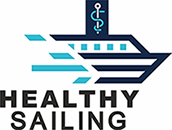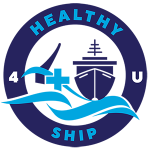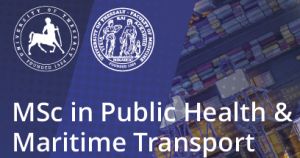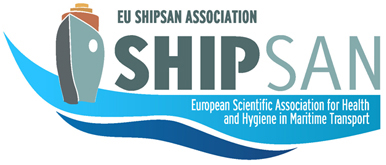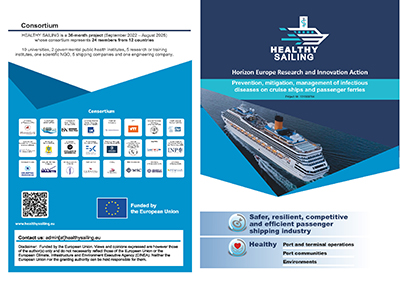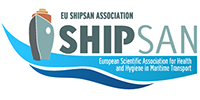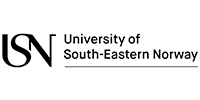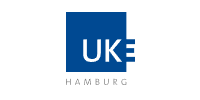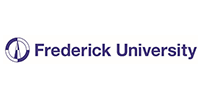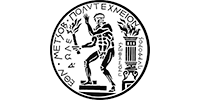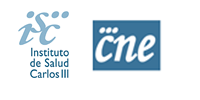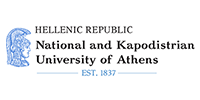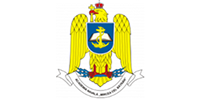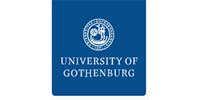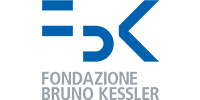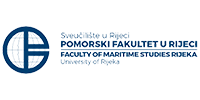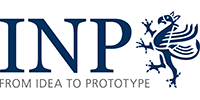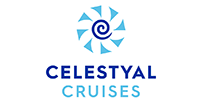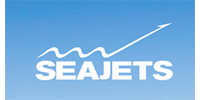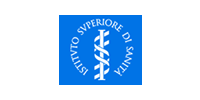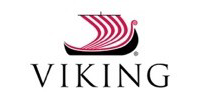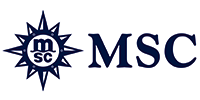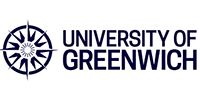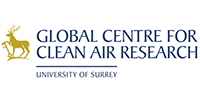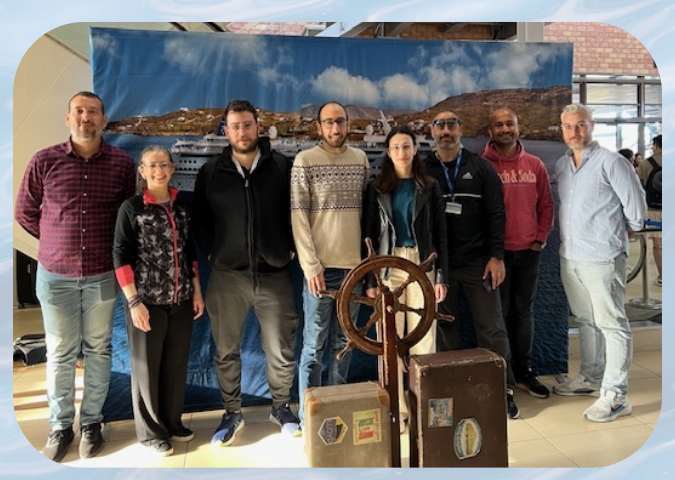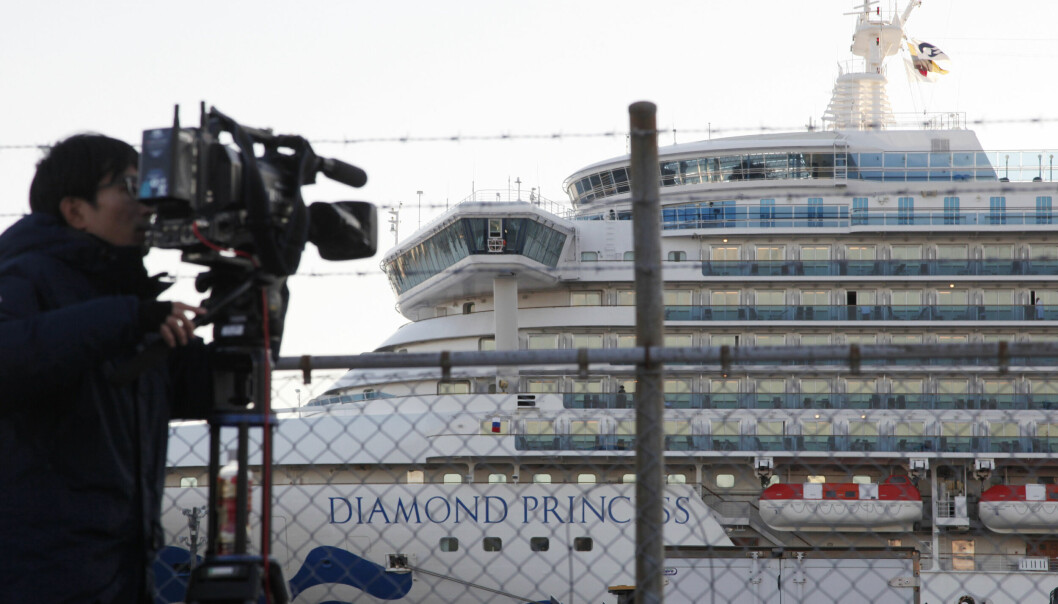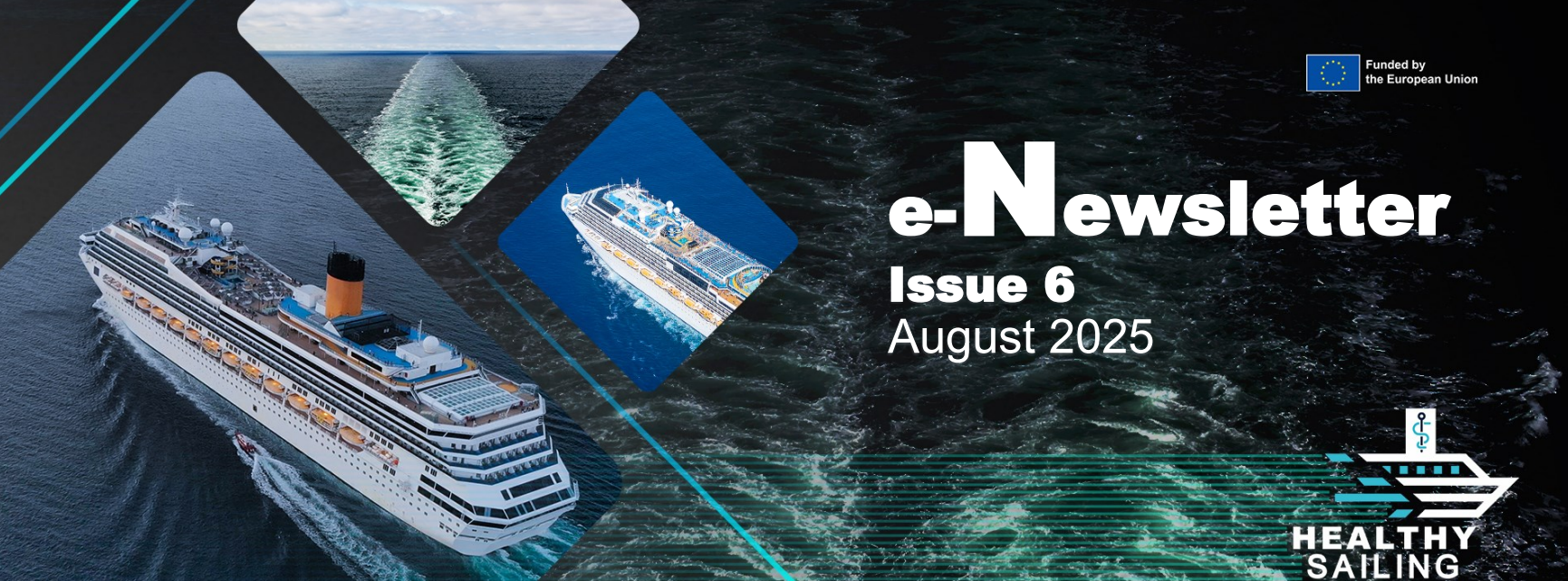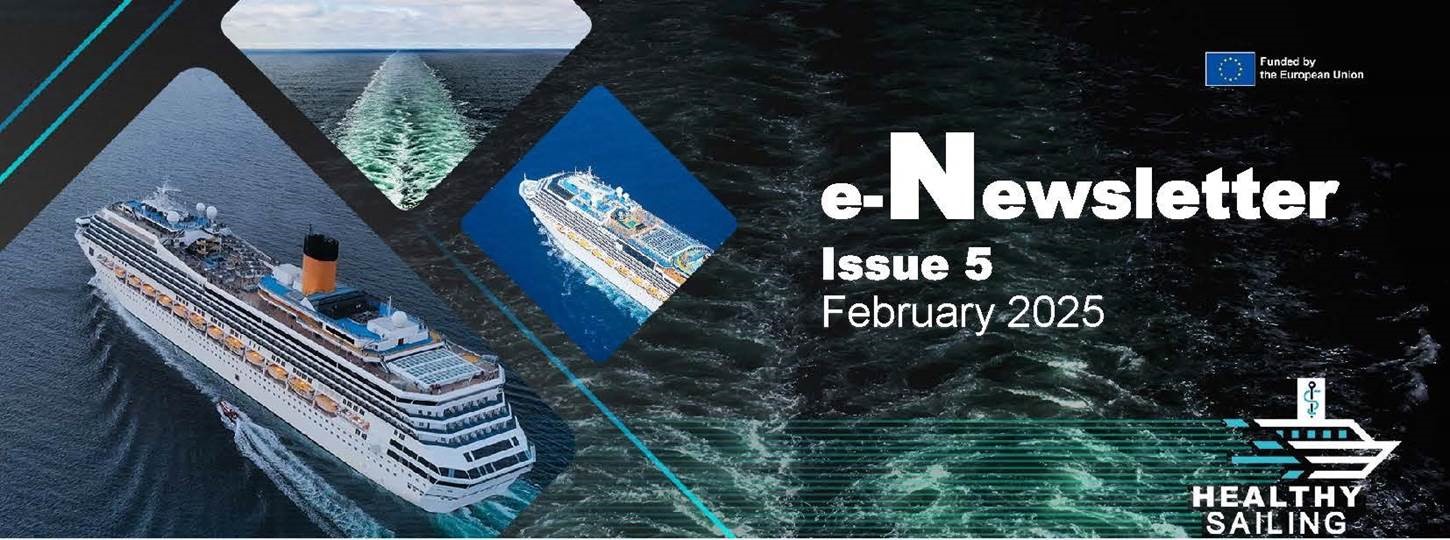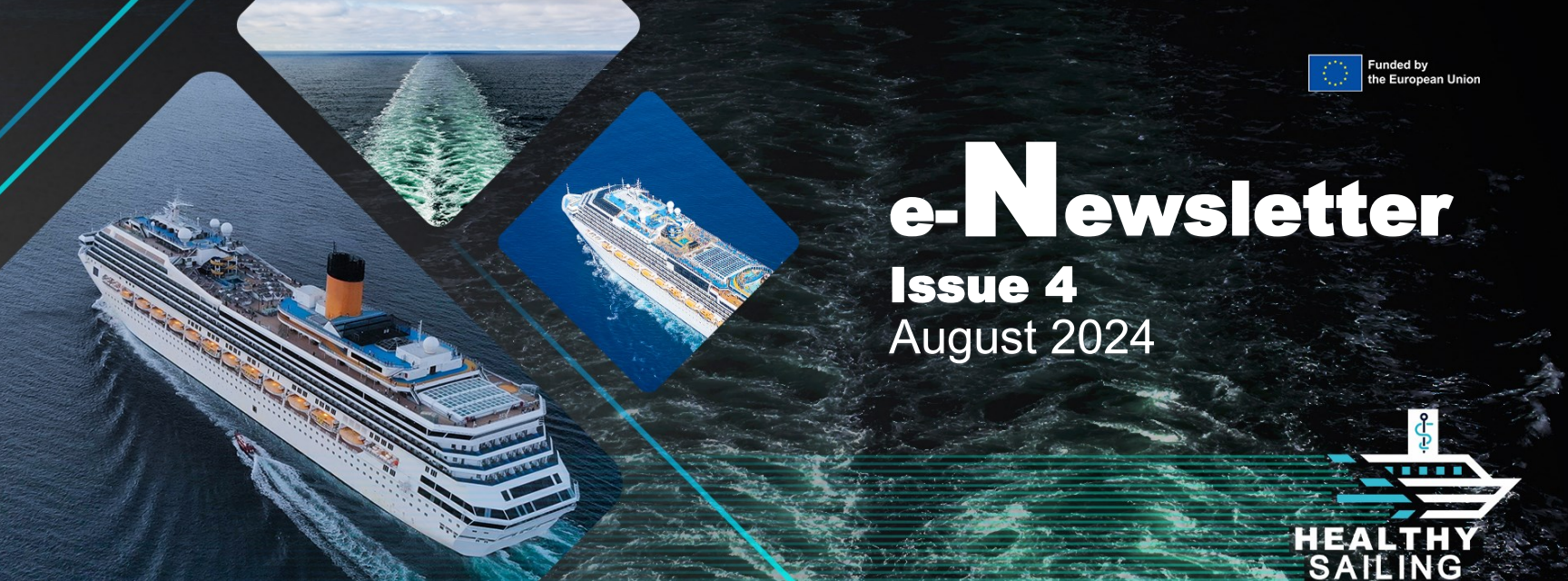HEALTHY SAILING
Prevention, mitigation, management of infectious diseases
on cruise ships and passenger ferries
HORIZON-CL5-2021-D6-01
HEALTHY SAILING
HEALTHY SAILING is a research and innovation action that aims to improve the quality of passenger shipping services, facilitate recovery from the COVID-19 pandemic and make passenger shipping safer, more resilient, competitive and efficient. Formally titled “Prevention, mitigation, management of infectious diseases on cruise ships and passenger ferries” (Nr. 101069764), the 3 year project is funded by the European Commission under the Horizon Europe Framework Programme (HORIZON) and was awarded an over 3 million euros budget. HEALTHY SAILING was prepared under the HE Work Programme 2021-2022 to respond to the specific call for controlling infection on large passenger ships (HORIZON-CL5-2021-D6-01-12). Under this call topic, the project supports substantially reducing the spread of communicable disease on board passenger ships through improved health and hygiene operations, while also addressing strategic goals for the overall safety and resilience of transport, climate neutrality and European leadership in key industries.
Large passenger ships including cruise ships, ferries and expedition vessels can be characterized as semi-closed, crowded environments where international travellers gather and frequent interaction can occur. In these settings, infectious diseases can spread easily if effective detection and control measures are not in place. Prior to the emergence of COVID-19, cruise ships’ health and hygiene programmes focused on gastroenteritis prevention and control, while European guidelines for passenger ships addressed prevention and management of infectious diseases such as gastroenteritis, Legionnaires’ disease, influenza and vaccine-preventable diseases. Even though health and hygiene standards were rigorously implemented, the COVID-19 pandemic demonstrated the inability of existing passenger ship policies and protocols to detect emerging diseases in a timely manner and respond effectively. Expected and extraordinary events such as COVID-19 impact the health of travellers and communities, as well as the entire passenger shipping sector, often creating severe economic consequences. The pandemic revealed the necessity of an integrated approach to address known, expected and new emerging infectious diseases that may occur on large passenger ships.
HEALTHY SAILING provides this integrated approach, facilitating the development of evidence-informed guidelines and policies that incorporate infectious disease prevention, mitigation and management measures into routine operations by governmental authorities, the transport industry and the wider global community. The project will provide an evidence base regarding the effectiveness of proposed measures for infectious disease prevention, mitigation and management on board passenger ships.
Information for cruise travelers
Information
| Duration: | 36 months (1 September 2022 – 31 August 2025) |
| Consortium: | 24 partners from 12 countries |
| Call identifier: | HORIZON-CL5-2021-D6-01 |
| Call topic: | Controlling infection on large passenger ships – prevention, mitigation and management |
| Granting authority: | European Climate, Infrastructure and Environment Executive Agency (CINEA) |
Consortium – Partners
The HEALTHY SAILING consortium brings together multi-disciplinary knowledge, wide-ranging experiences and established expertise related to infectious disease prevention, mitigation and management measures on large passenger ships. Comprised of 24 partners from 12 countries, the consortium’s geographic representation is far-reaching. Multiple universities, research and training institutes, governmental public health institutes, a scientific NGO, several passenger shipping companies and an engineering company participate as beneficiaries and associated partners within HEALTHY SAILING. The project’s consortium represents institutions and passenger shipping companies that drove successful efforts to safely restart passenger ship operations globally during the COVID-19 pandemic.
